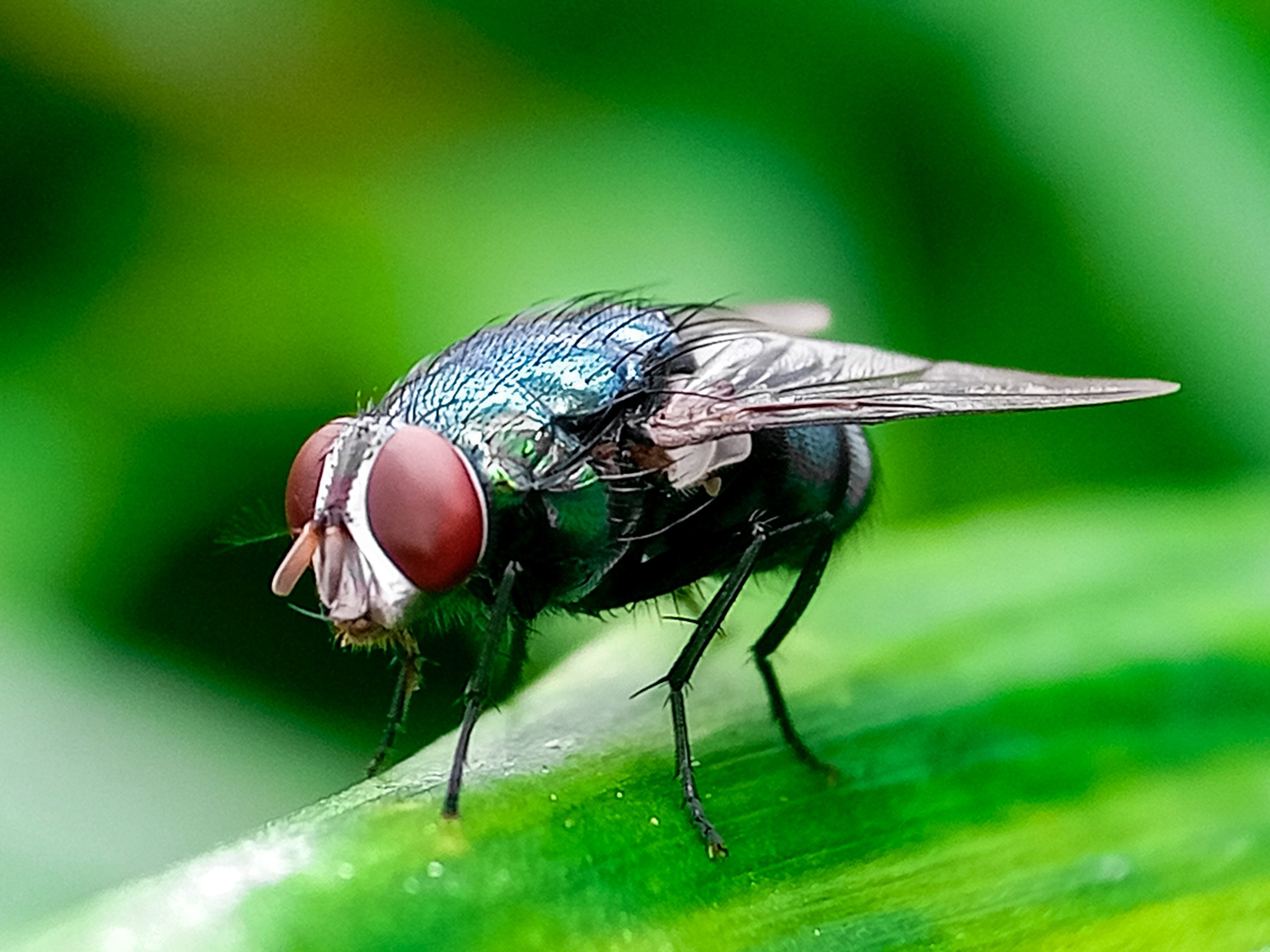In a recent New York Times Science article, “A Family Dinner,” Bill Schutt discusses how researchers have observed cannibalism in thousands of species. Although most common in insects, arachnids and fish, the practice occurs more than you might think in larger mammals as well.
According to a study by Dr. Guy Balme and Dr. Luke Hunter, a third of all leopard offspring will not reach adulthood because of the death of a young cub caused by an adult of the same species. They concluded that when a new adult male enters a territory, he will kill, and sometimes consume, the offspring of the previous male. Additionally, when a female loses her offspring, she becomes receptive to mating with the new male, who increases his chances to father more cubs.
This behavior, called sexual selection infanticide, has been observed in several other large carnivore species, including lions and bears. The reproductive interval period for bears can be as long as 4.5 years. However, after losing an offspring, the female’s body can be ready in weeks, or as soon as a few days in some cases.
In chimpanzees, the killings are not gender-specific. Although males are known to be more aggressive, several studies have also revealed female-led infanticide and rage killings. Competition for resources and changing ratios between males and females may be responsible for bringing out these behaviors in the primates. As research allows for more observations of wildlife, scientists look to understand the meaning behind these complex behaviors.



